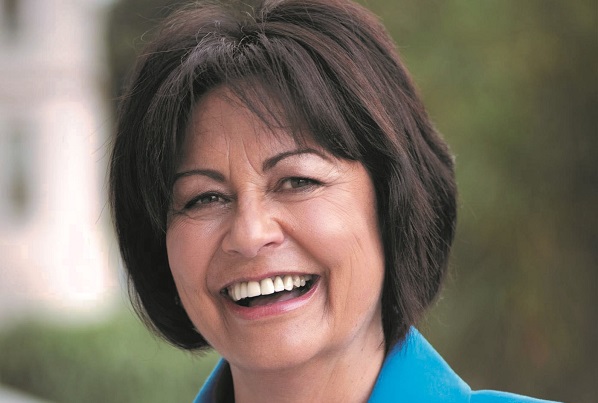“This review is about putting our children and young people at the heart of the funding system, ensuring that students are getting the best support they can to achieve their full potential,” says Ms Parata.
Reflecting the significance of the review this was only the second time that education leaders have had the opportunity to be involved in discussions before policy development.
“I would like to thank the 18 representatives, including both presidents of the NZEI and PPTA, for their participation in these discussions. I also acknowledge their appreciation for this level of engagement.
“This was an opportunity to test funding options at an early stage and the group was able to provide their views, even as they noted themselves, that the risks and implications of the proposals on schools can’t yet be fully assessed.”
The six proposals the majority of the group agree should proceed for further work are:
- Taking a per-child approach to funding
- Additional funding for those most at risk of underachievement
- Supplementary funding for small and isolated schools
- Proposals over the way property funding is delivered
- Better accountability for student achievement
- Supporting a diversity of education options
While the PPTA, NZEI and Area Schools opposed the proposal around independent schools’ funding, the majority of the advisory group was comfortable with further work going ahead.
Ms Parata says she was “not surprised” by the group’s recommendation that the proposed global budget not proceed to the next stage of policy development.
“The group’s report, and together with feedback from around 90 regional meetings with teachers and principals, will help inform my report to Cabinet on the options to take forward.
“The insight from staff right on the front line of education is invaluable,” says Ms Parata.
“I want to make sure that we take the time to get these vitally important decisions right. That is why our timeline for implementation at the earliest would be 2019.”

